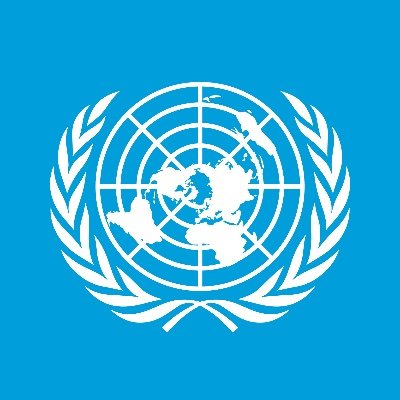'Gaza economy to recover by 2092 if 'Israel' ends aggression now,' UN report warns
Published: 2024-02-06 13:02
Last Updated: 2024-04-28 14:50
Editor: Sara Al Faqir
The Israeli Occupation aggression on Gaza has significantly worsened the economic situation, leading to a 24 percent contraction in GDP and a 26.1 percent decrease in GDP per capita for the entire year of 2023, according to a recent UN report.
If hostilities were to cease immediately and reconstruction efforts begin promptly, it would still take until 2092 to restore Gaza's GDP levels to those of 2022, with GDP per capita and socioeconomic conditions deteriorating.
Even under the most optimistic scenario of 10 percent annual GDP growth, it would still take until 2035 to return Gaza's GDP per capita to its pre-blockade level in 2006.
- Dire socioeconomic conditions -
In the Gaza Strip, a densely populated area with over two million Palestinians living in just 365 square kilometers (141 square miles), conditions were already severe before the war.
Around 80 percent of the population relied on international aid, with two-thirds living below the poverty line and unemployment at 45 percent. Access to clean water, electricity, and proper sewage systems was inadequate, compounded by the lingering damage from previous Israeli Occupation military operations.
Restoring the socioeconomic conditions to pre-conflict levels will be a lengthy process requiring significant foreign aid, according to United Nations Conference on Trade and Development (UNCTAD). The ongoing military operation has displaced 85 percent of Gaza's population, resulting in a complete halt to economic activity and further exacerbating poverty and unemployment.
Presently, almost 80 percent of the workforce is unemployed, and approximately 37,379 buildings, accounting for 18 percent of Gaza's total structures, have been damaged or destroyed.
UNCTAD emphasized that the Gaza Strip, where half of the population are children, is now nearly uninhabitable, with severe shortages in income, water, sanitation, healthcare, and education.

